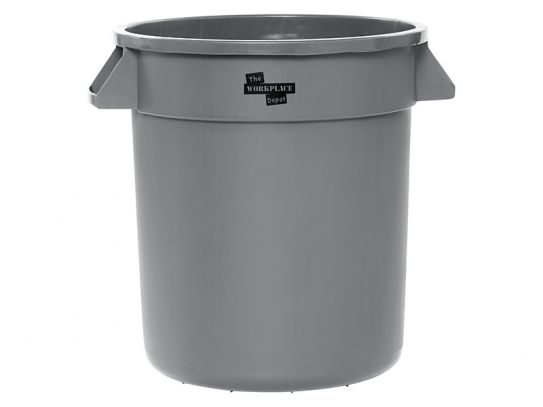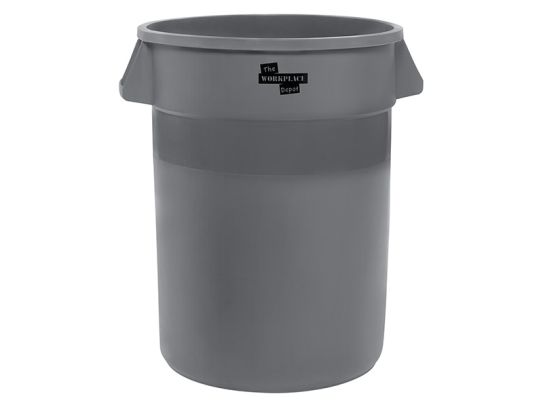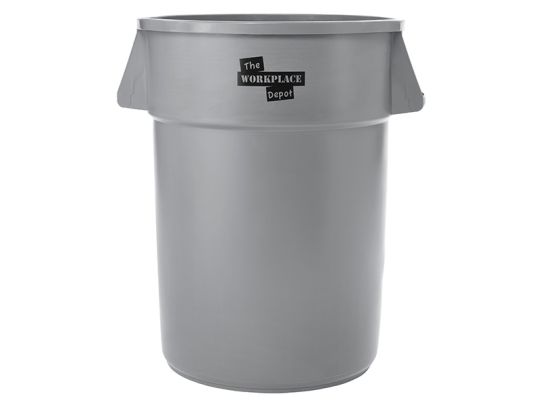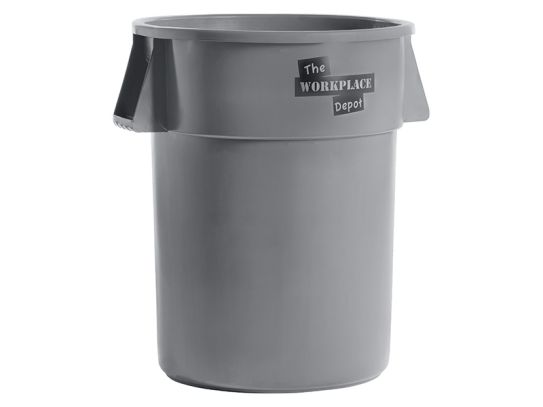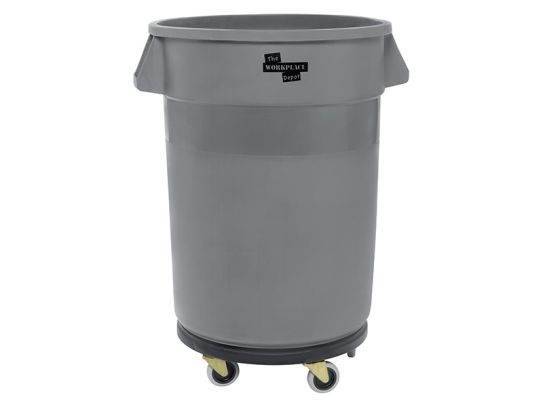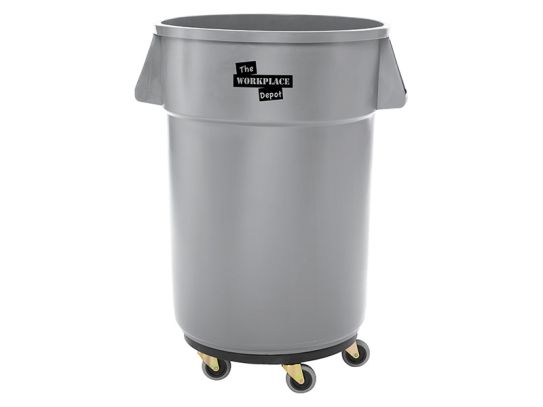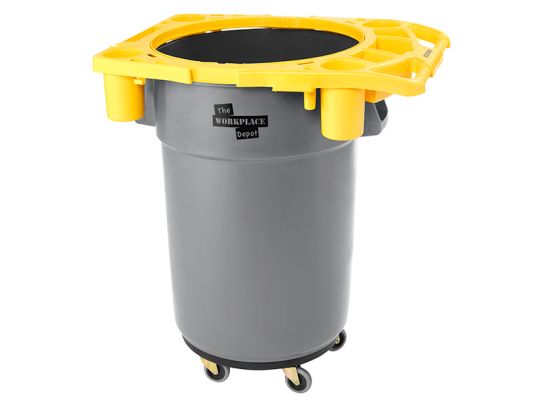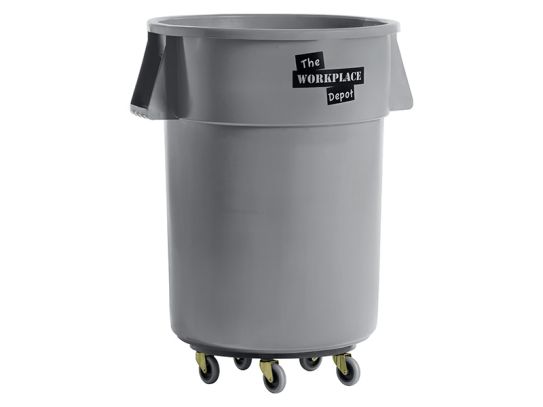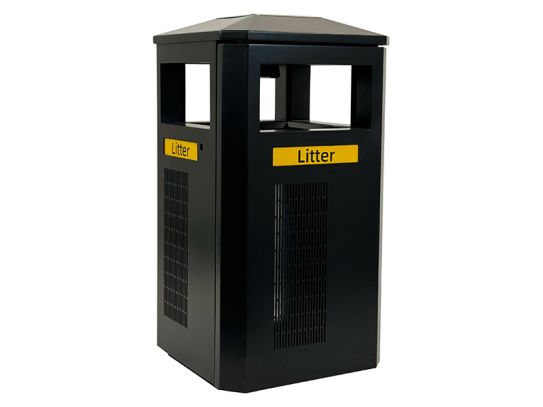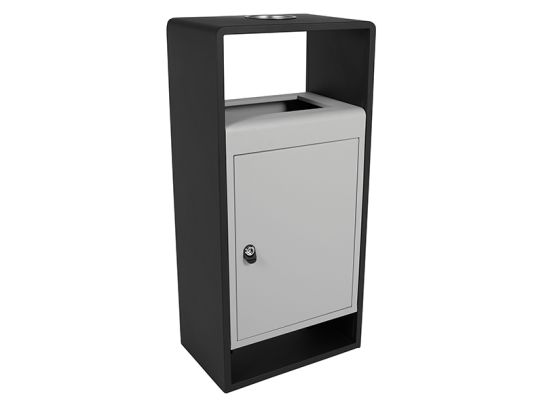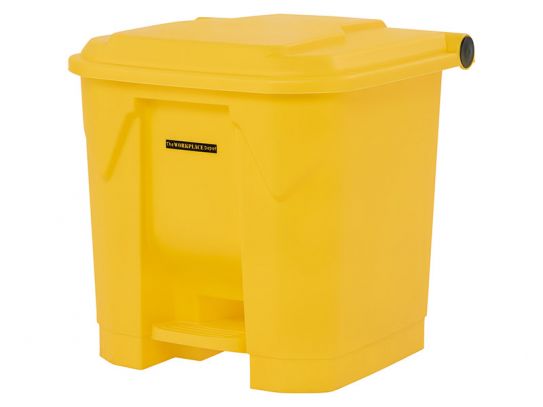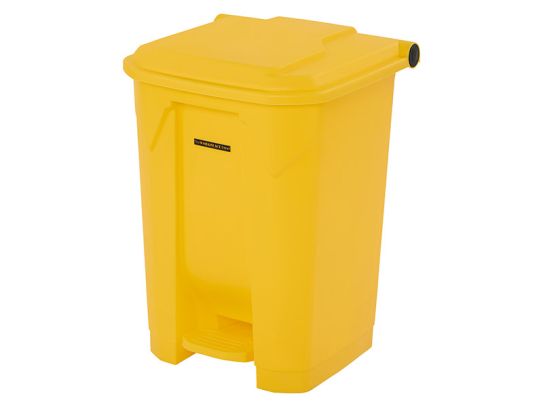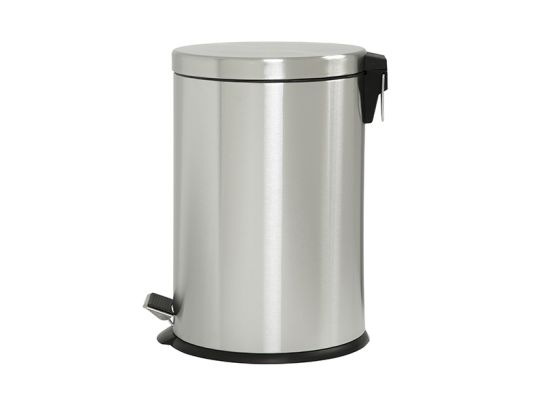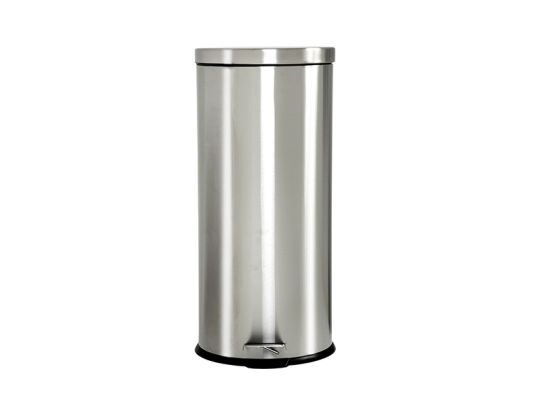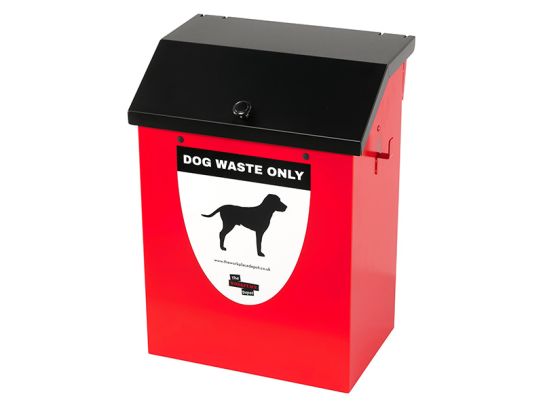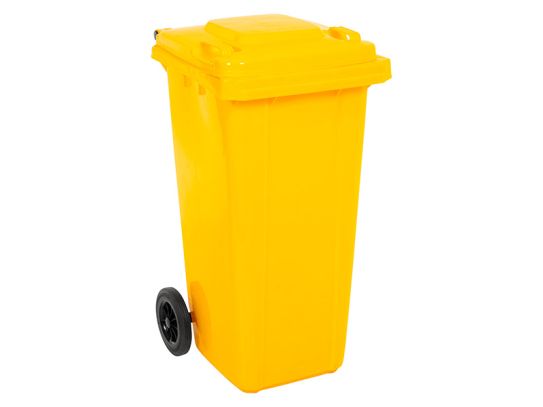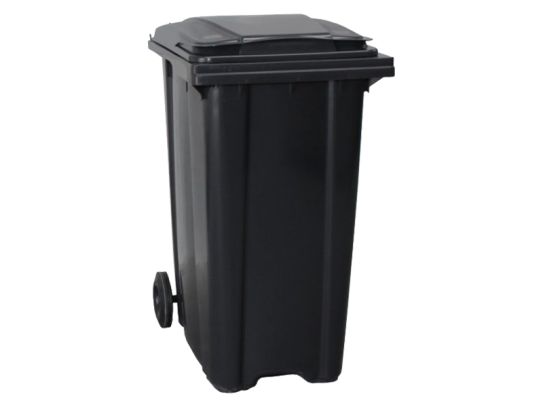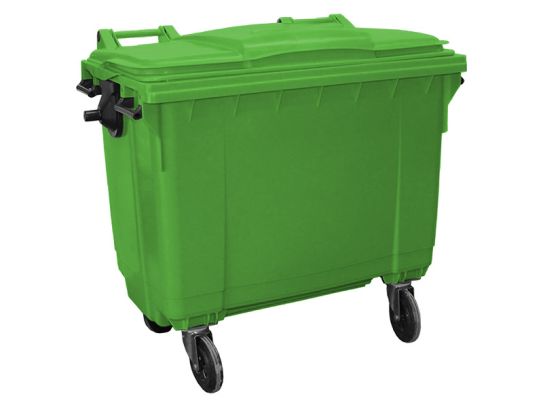Bins
Don't Let Rubbish Pile up - Use Our Bins for Easy and Efficient Waste Disposal.
Introducing our range of bins for the workplace! Our selection includes wheelie bins, large 4 wheeled refuse bins, bottle bins, plastic tanks and plastic tubs on wheels. These bins are made from durable plastic, making them perfect for use in most workplaces.
Our bottle bins are a popular choice for bars and restaurants, allowing for easy and efficient recycling of bottles. Our plastic tanks are perfect for industry use, providing ample storage and waste handling capabilities.
Keep Your Workplace Clean and Tidy
Bins are containers used for storing and disposing of waste materials. They can come in different sizes, shapes, and materials, and are commonly found in households, offices, and public spaces. Bins are often used for recycling, composting, and general waste disposal.
What Are Some Common Uses for Bins?
Some common uses for bins include:
- Recycling: Bins are used to separate and store recyclable materials, such as paper, plastic, glass, and metal.
- Composting: Bins are used to store organic waste, such as food scraps and yard waste, to create compost.
- General waste disposal: Bins are used to store and dispose of non-recyclable or non-compostable waste.
- Storage: Bins can be used to store items, such as tools, sports equipment, and household items.
- Waste handling: Bins are used in industries, such as construction and manufacturing, to collect and dispose of waste materials.
What Is the Best Type of Bin for My Needs?
The best type of bin for your needs will depend on several factors, such as the size and amount of waste or items you need to store, the intended use of the bin, and the location where it will be used. For example, if you need to store and recycle a large amount of bottles, a bottle bin may be the best option. If you need a bin for general waste disposal, a wheelie bin or trash can may be suitable. It is important to consider the key features of the bin and whether it is appropriate for your needs.
What Are the Different Types of Bins?
There are many different types of bins, including:
- Wheelie bins: Large, plastic bins on wheels that are used for waste disposal and recycling.
- Rubbish cans: Small, portable containers used for waste disposal.
- Recycling bins: Bins used to store recyclable materials, such as paper, plastic, and metal.
- Industrial bins: Large, sturdy bins used in industries for waste handling and storage.
- Bottle bins: Containers used to store and recycle bottles.
- Plastic tanks: Large, plastic containers used for waste disposal and storage.
- Plastic tubs: Small, plastic containers with wheels that are used for waste disposal and storage.
What Are the Key Features to Consider When Choosing Bins?
When choosing bins, some key features to consider include:
- Size: Consider the size of the bin and whether it will be able to accommodate the amount of waste or items you need to store.
- Material: Consider the material of the bin and whether it is durable and able to withstand the intended use.
- Lid: Consider whether the bin has a lid or cover and whether it can be easily opened and closed.
- Mobility: Consider whether the bin has wheels or handles for easy movement.
- Capacity: Consider the capacity of the bin and whether it will need to be emptied frequently or not.
- Function: Consider the intended use of the bin and whether it is suitable for that purpose. For example, a composting bin should have ventilation holes and a locking lid.
Why Is Plastic a Good Material for Bins?
Plastic is a good material for bins because it is durable, lightweight, and affordable. It is resistant to water and moisture, making it suitable for use in outdoor environments. Plastic also does not rust or corrode, and can be easily cleaned and disinfected.
How Do You Maintain and Clean Bins?
To maintain and clean bins, follow these steps:
- Empty the bin regularly to prevent waste from accumulating and creating unpleasant odours.
- Rinse the bin with water to remove any loose debris or waste.
- Use a mild detergent and warm water to clean the inside and outside of the bin. Scrub the bin with a soft brush or sponge to remove any stains or grime.
- Rinse the bin thoroughly with water to remove any soap residue.
- Dry the bin with a towel or cloth to prevent water spots.
- If the bin has a removable liner or bag, replace it with a new one to prevent odours and maintain cleanliness.
- If the bin has a lid or cover, clean it with the same steps above.
- Store the bin in a dry, ventilated area to prevent mould and mildew from forming.
It is important to clean and maintain your bin regularly to prevent odours and keep it in good condition. Follow the manufacturer's instructions for specific cleaning and maintenance recommendations.
What Safety Considerations Should Be Taken into Account When Using Bins?
When using bins, some safety considerations to take into account include:
- Do not overload the bin, as it may become unstable and tip over, potentially causing injuries.
- Do not leave sharp or hazardous items, such as needles or broken glass, in the bin, as they may cause injuries to people handling the bin.
- Do not leave flammable materials, such as gasoline or cleaning products, in the bin, as they may ignite and cause fires.
- Use a bin with a lid or cover to prevent pests and animals from accessing the waste and creating hazards.
- Do not allow children to play with or near the bin, as it may contain hazardous materials and pose a risk of injury.
- If using a bin with wheels, ensure that it is properly secured and stable before moving it. Avoid pulling or pushing the bin, as it may cause it to tip over.
- Follow the manufacturer's instructions for proper use and handling of the bin to prevent accidents and injuries.
Are There Any UK or European Industry Standards or Regulations That Apply to Bins?
In the UK and Europe, there are several industry standards and regulations that apply to bins, including:
- BS EN 840-5: This British standard specifies the requirements and test methods for large, 4-wheeled waste containers used in the collection of municipal solid waste.
- BS EN 840-2: This British standard specifies the requirements and test methods for containers used in the collection of recyclable materials.
- Waste Framework Directive (2008/98/EC): This European directive sets out the framework for the management of waste in the European Union, including the prevention and reduction of waste, the recycling and recovery of waste, and the environmentally sound disposal of waste.
Manufacturers and suppliers of bins in the UK and Europe are required to comply with these standards and regulations to ensure the safety and sustainability of their products.
